Flowers for Valentine's Day, Mother's Day, or just because, are always a nice thing in the short term, but they are not a good thing for the planet and many in the supply chain.
Why should I look for Fairtrade cut flowers? Growing and harvesting flowers is strenuous and intensive work, as you can imagine. Flower cultivation is an important industry in many countries of the Global South, providing employment for many. Unfortunately, working conditions and wages are often extremely poor and far from ideal. When bouquets are offered at discount stores for as little as €2, it's easy to see that corners are being cut everywhere. As in the textile industry, the workers often suffer the most, and awareness of "fair trade flowers" is still very low compared to the attention given to other consumer goods like coffee or bananas.
So what should you look for? Or should you never have flowers again?
Since it's difficult to tell from looking at flowers where they actually come from and under what conditions they were grown, you should rely on labels when buying flowers. If you start looking for such labels, you'll quickly realize that most flowers come from conventional farming.
Fairtrade is always a good starting point for reliable labels that most people can recognize and understand. Fairtrade-certified flower farms cultivate flowers according to stricter standards. These include:
- Occupational health and safety : Fairtrade advocates for permanent employment contracts, freedom of assembly and association, maternity protection, and clear working time regulations. Safety is improved by demanding protective clothing and promoting training in the safe handling of chemicals.
- Strict environmental criteria : Fairtrade-certified farms must adhere to strict environmental criteria, such as water-saving irrigation, sewage treatment plants, compost and waste management.
- Fairtrade premium for community projects : The importer must pay an additional Fairtrade premium. This directly benefits the workforce, as the Fairtrade premium committee, elected by the employees, decides where the money is used.
- Step by step towards a living wage : Flower farms certified by Fairtrade must pay at least the legally mandated minimum wage. However, the minimum wage is often still below a living wage level. To ensure the farms' competitiveness, farmers are offered a gradual increase in wages until a living wage appropriate for the region is reached.
If in doubt, it's better to leave the flowers and give something else as a gift, such as organic seeds for growing your own.


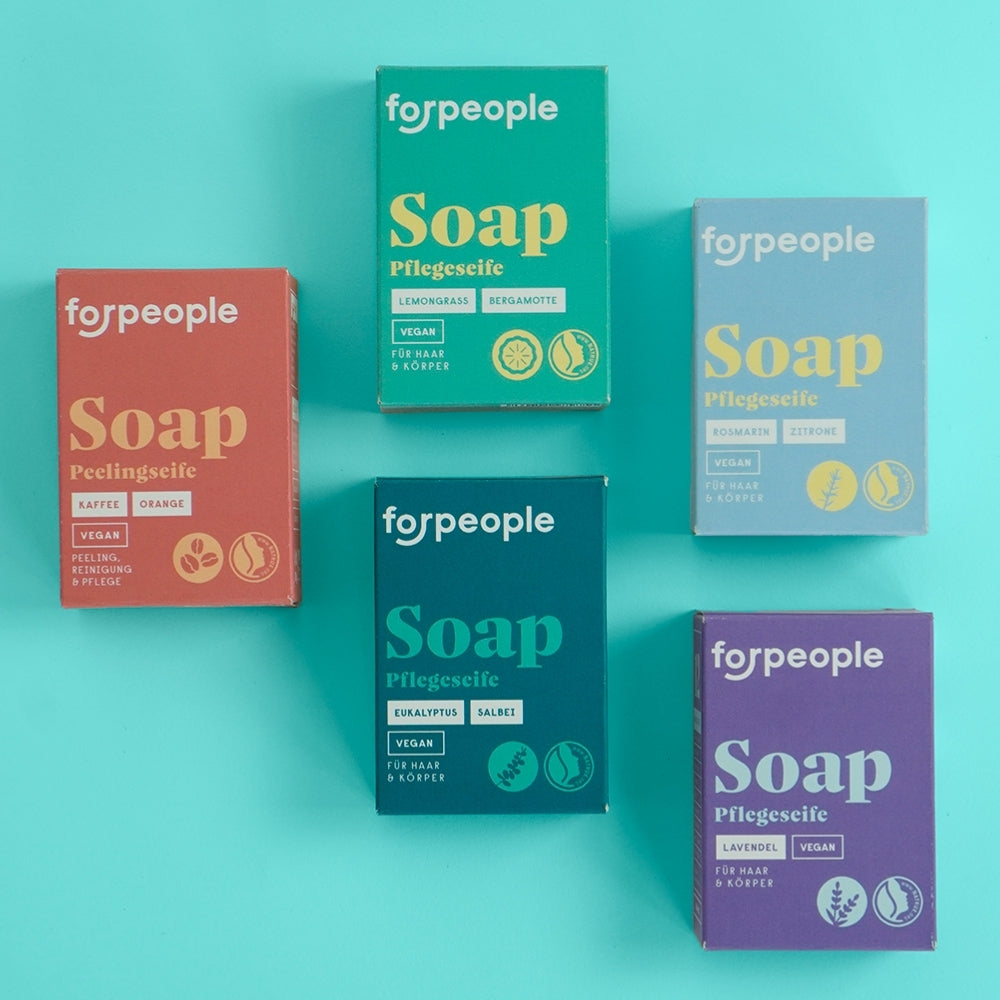






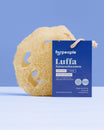


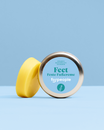





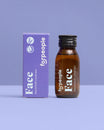
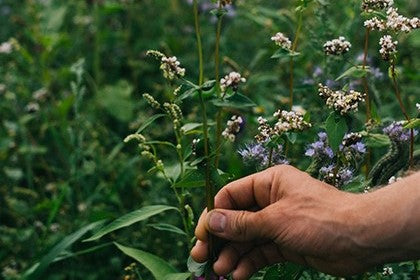
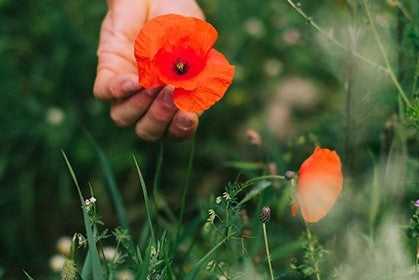
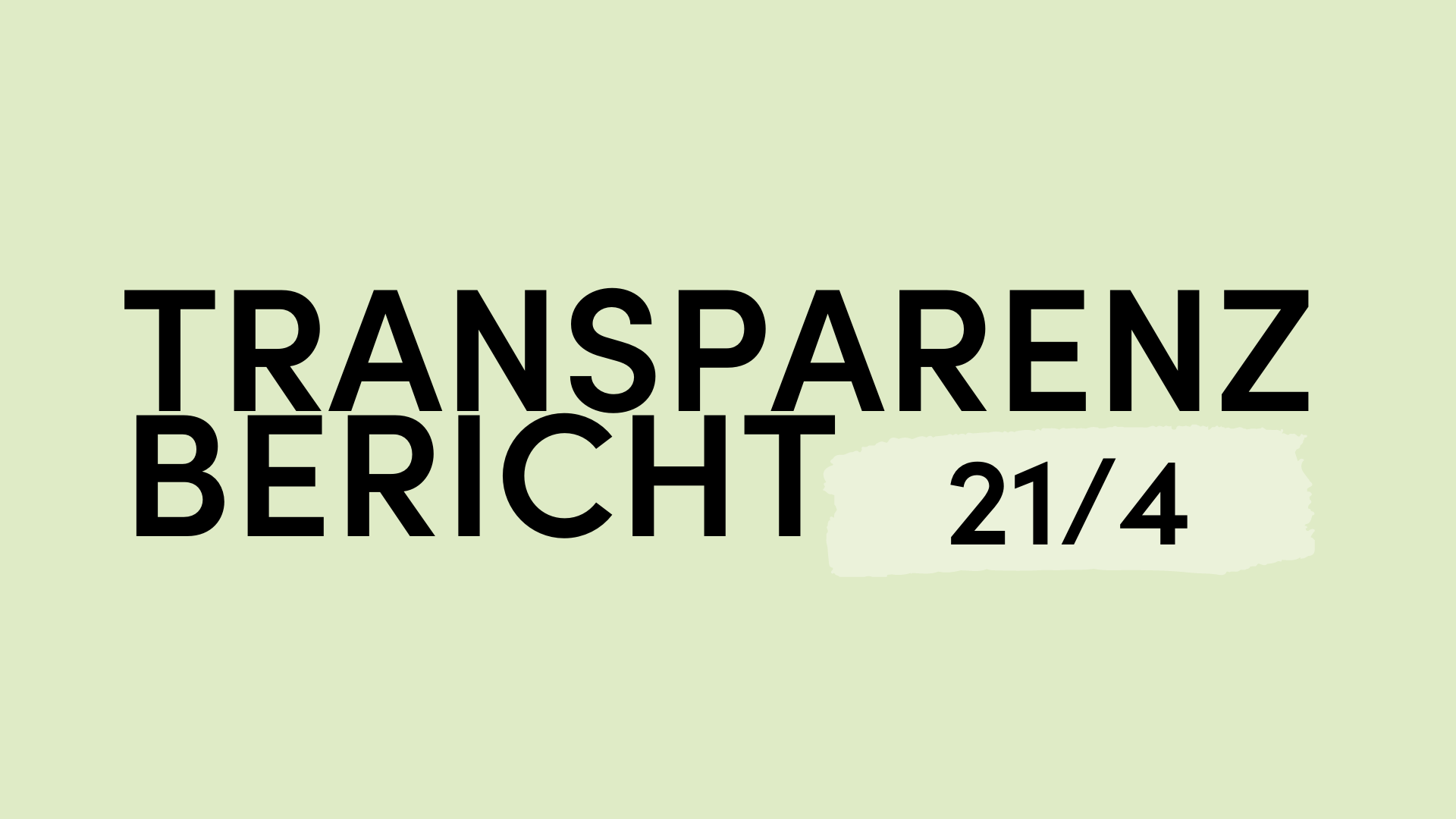
Leave a comment
This site is protected by hCaptcha and the hCaptcha Privacy Policy and Terms of Service apply.